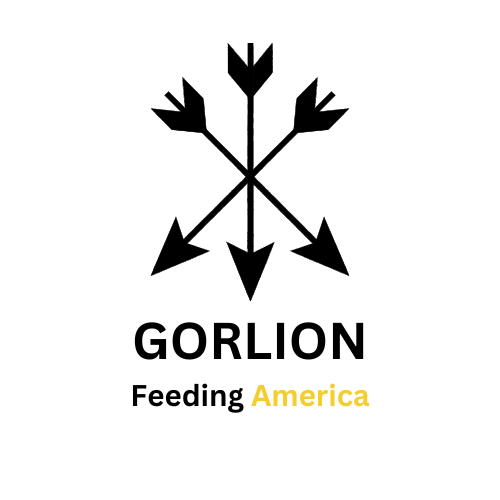Menopause marks a natural phase in a woman’s life, but it often brings along some unwelcome symptoms like hot flashes, vaginal dryness, mood swings, and sleep troubles. While hormone replacement therapy (HRT) is a common option for relief, concerns about synthetic hormones have led many to explore natural alternatives.
Some researchers and health experts suggest that incorporating soy foods into your diet could offer a safe and effective way to manage menopausal symptoms. Soy contains plant-based compounds called phytoestrogens, which are similar to the estrogen hormone in our bodies. These phytoestrogens can interact with estrogen receptors and help regulate hormonal changes naturally.
Soybeans, tofu, tempeh, miso, and soy milk are all rich sources of phytoestrogens, particularly a type called isoflavones. Studies have indicated that isoflavones can have positive effects on menopausal health, including reducing the frequency and severity of hot flashes, improving vaginal health, maintaining bone density, and supporting heart health.
However, it’s important to note that not all studies agree on the benefits of soy for menopause. Some research findings are inconclusive, and there are concerns about soy’s safety for women with a history of breast cancer, as phytoestrogens may interact with estrogen-sensitive tumors.
Additionally, individual responses to soy may vary based on factors like genetics, gut health, diet, and lifestyle. More research is needed to determine the optimal dosage and duration of soy consumption for menopausal women, as well as any potential interactions with medications or supplements.
While soy can be a nutritious addition to a balanced diet, it’s not a cure-all for menopausal symptoms. Women interested in incorporating soy into their diet should consult with their healthcare providers to make informed decisions. Remember, it’s about finding what works best for you and your body during this transition.
In conclusion, it’s important to understand that soy is just one element of a well-rounded diet, neither a magical solution nor inherently harmful when consumed responsibly. As we navigate the intricacies of nutrition, it’s crucial to consider the quantity, quality, and context of soy consumption. At Gorlion, we advocate for the use of high-quality soy products, ensuring that our customers have access to nutritious ingredients that support their overall health goals. While soy may not be a universal remedy for menopausal symptoms, it does offer potential benefits as part of a diverse and balanced diet. As individuals explore the complexities of dietary choices, we remain committed to providing premium soy products to promote holistic nutrition and well-being.

